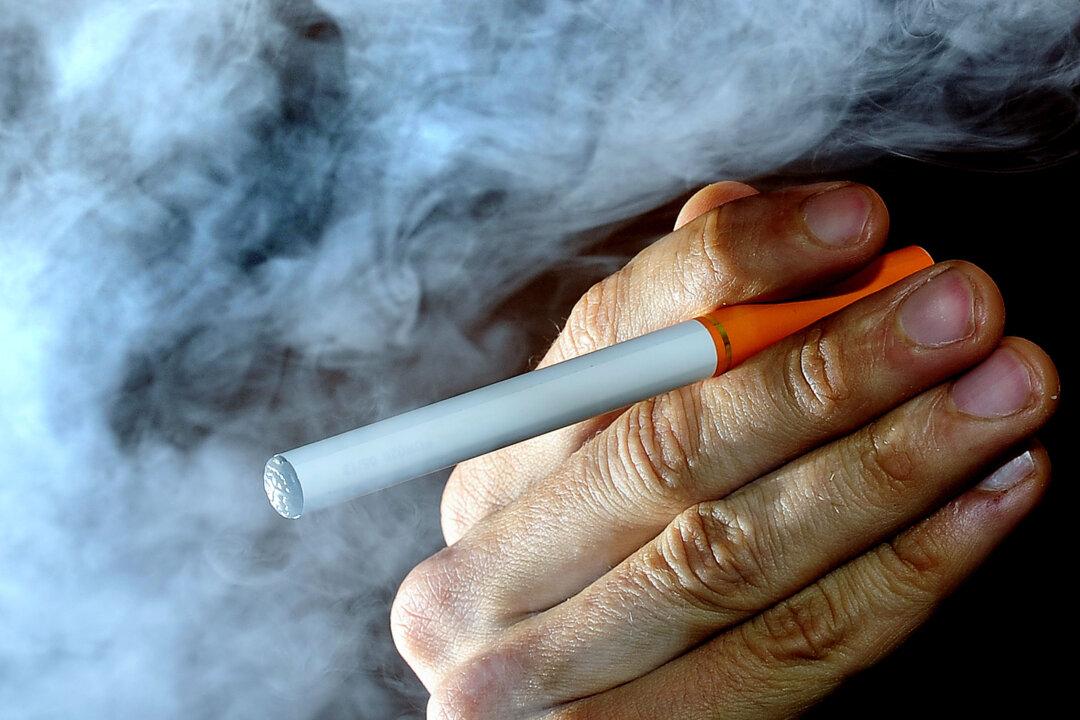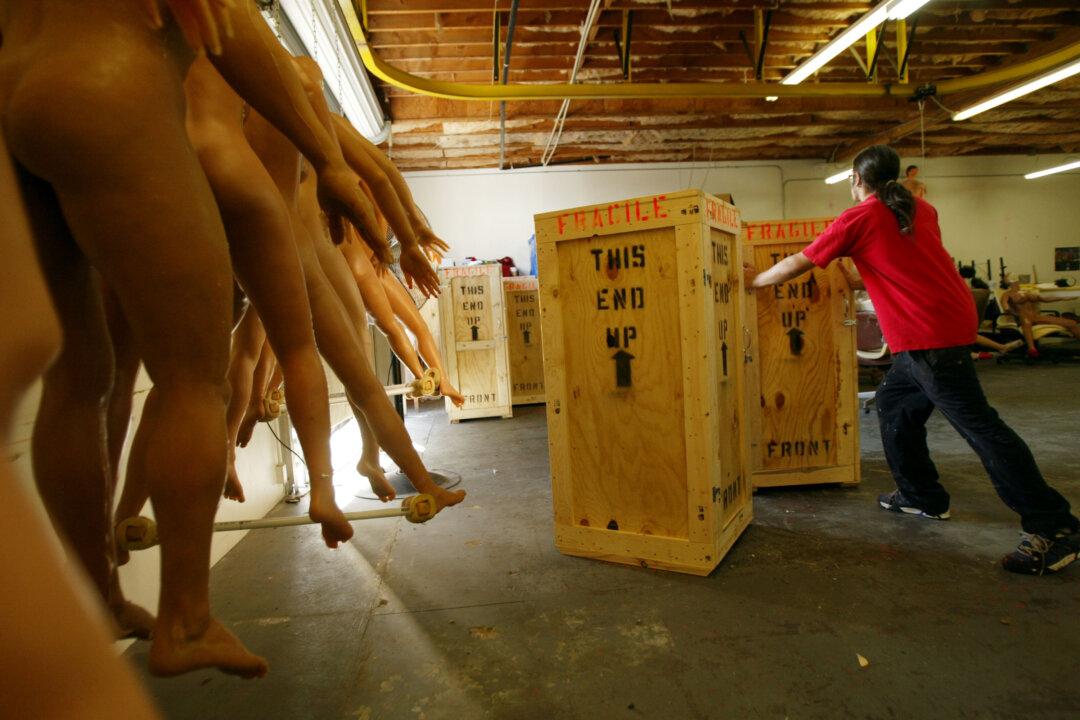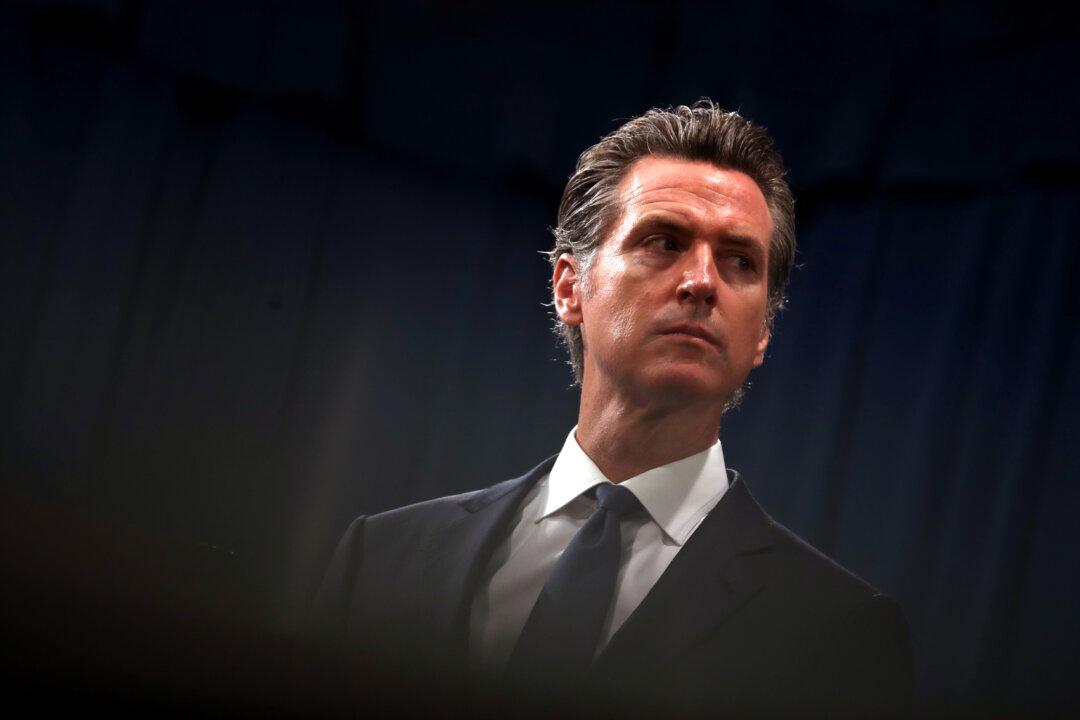A bill to outlaw the sale of flavored tobacco, SB-38, was shelved in California after a large number of amendments had been enacted making exemptions. The author of the bill, State Senator Jerry Hill (D-San Mateo) abandoned the watered-down version of his bill on May 23 after public health groups voiced opposition.
Due to the watering down of the bill’s original intentions, American Lung Association, American Cancer Society Action Network and the American Heart Association, who were initial supporters of the bill pulled their support.





